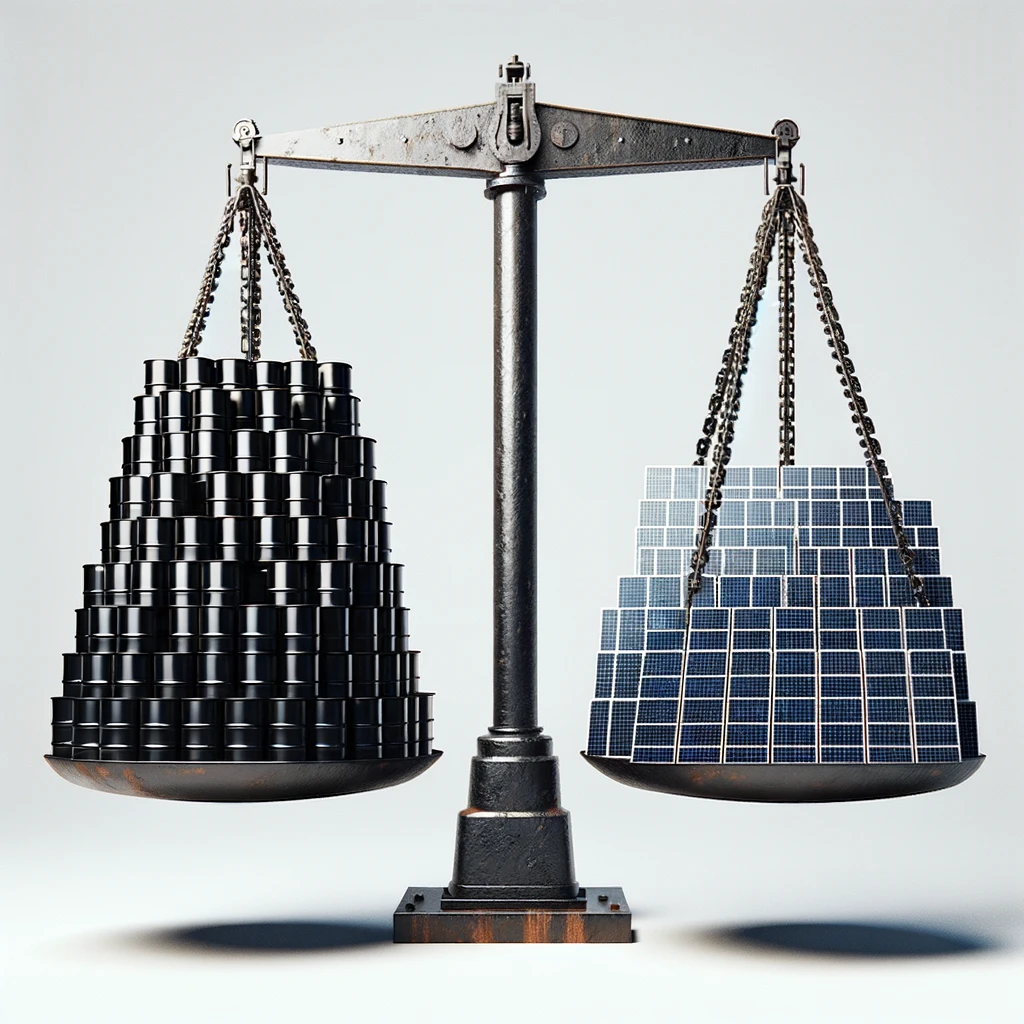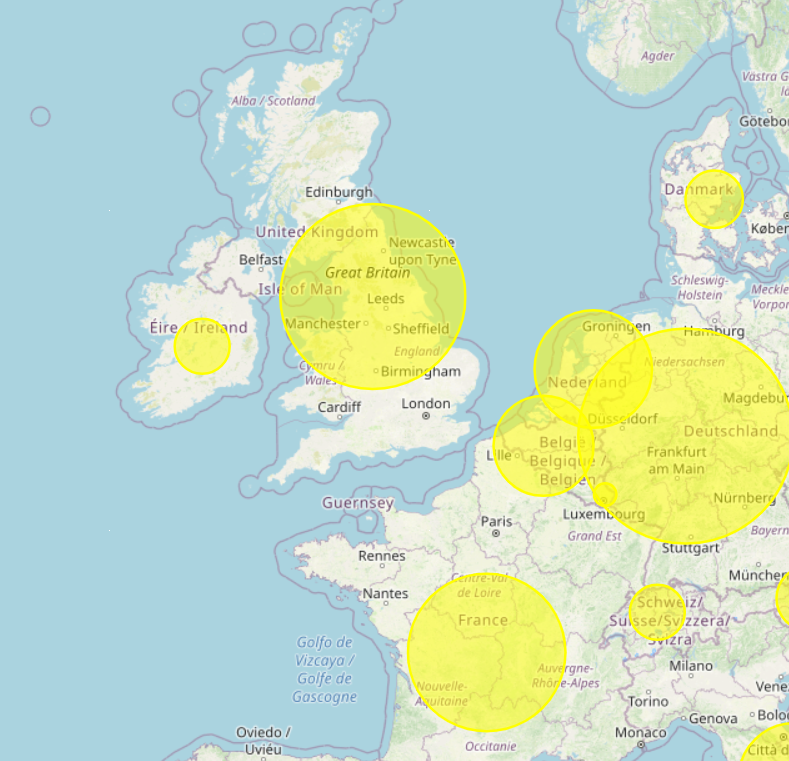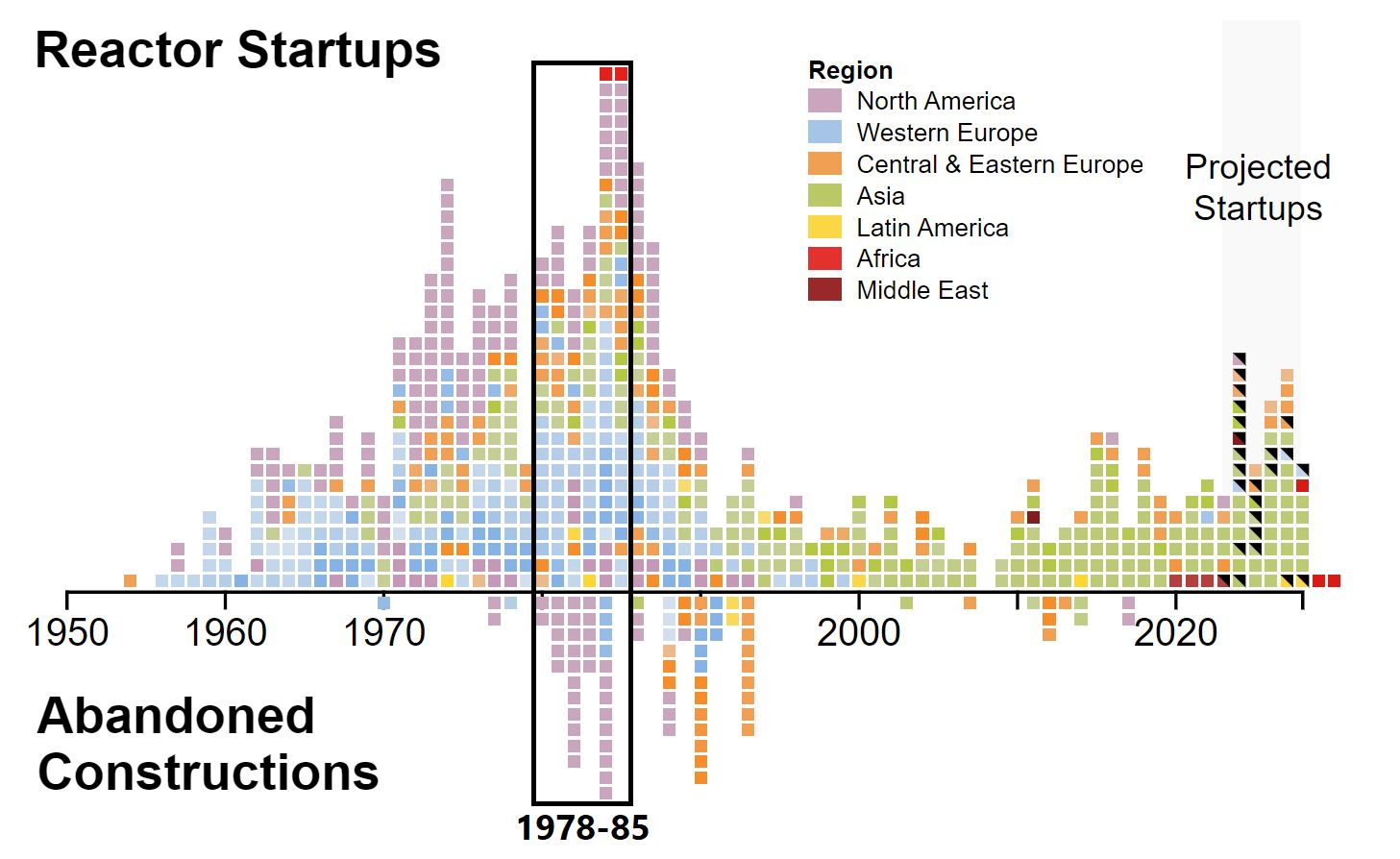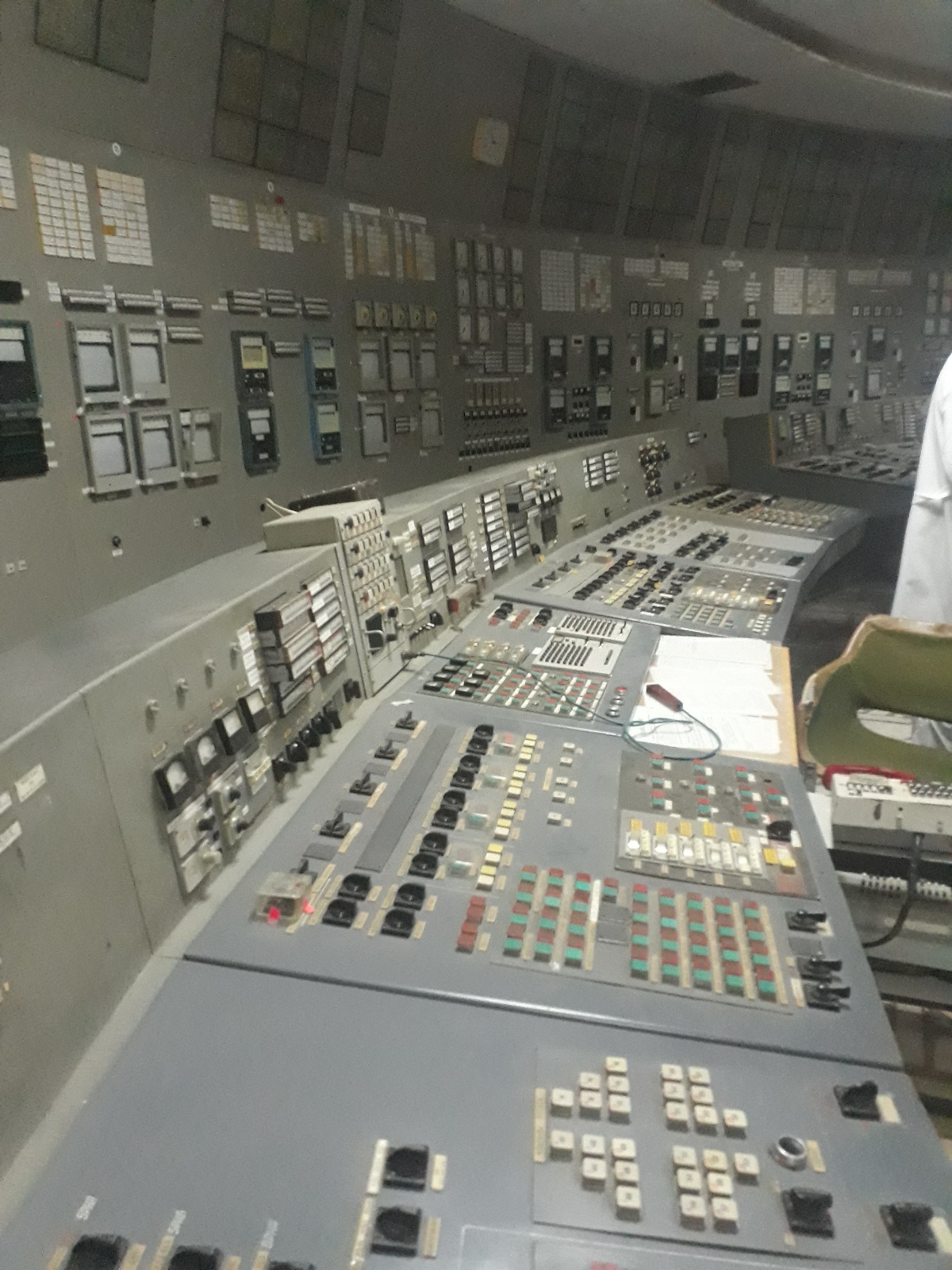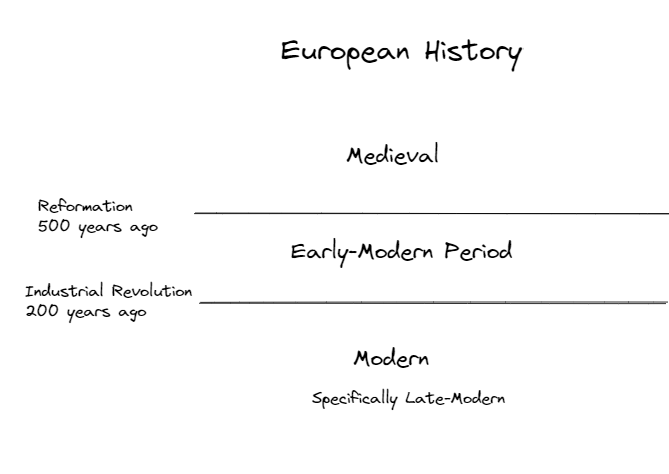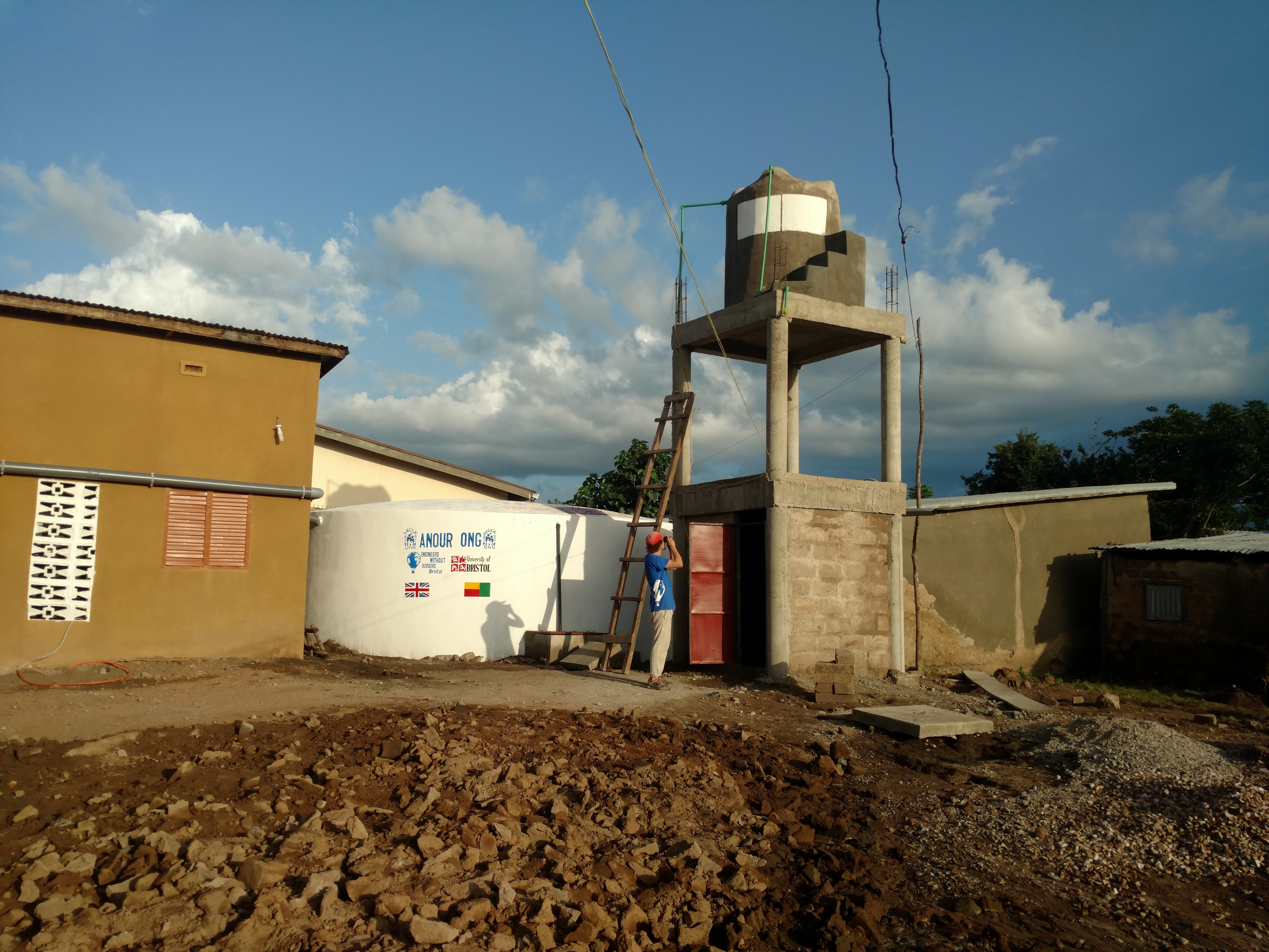How Much Solar Panel Land Area Is Needed For Each Country?
Blog
Can we power the world with solar panels?
How many times have you heard the claim that “we can power the world with solar photovoltaic (PV) power”. In this article, I will subject this claim to a bounding engineering analysis, purely in terms of land area. It is trivial calculation to calculate how much land area of solar farm is required to supply the equivalent energy demand averaged over a year. For each country, you simply find out how much energy it uses then you find out how much electricity solar power produces per unit land area in that country.
All progress derives from technological improvement
To live in the 21st century, is to be the heir to a magnificent inheritance of millions of years of humanity’s struggle against nature. The fundamental reason that we live such comparatively good lives, compared with 90% of our roughly 100 billion human ancestors, is our mastery of technology. Where, technology is a precondition for our civilization, in comparison, governance structure is important mainly to the degree that it allows us to efficiently use technology.
Review of BBC Podcast: The Inquiry
The BBC released a podcast which aired Fri 18 Nov 2022.
The titular question was:
“Can a country live on renewable energy alone?”
As always the devil is in the details. If the question is asking about “any country” then, obviously yes. There are many countries which half low population density and benefit from large hydro reserves (Costa Rica) or geothermal reserves (Iceland).
However, this podcast gives the impression that it is possible for all countries.
Solving the problem
Humanity is increasing the levels of CO2, methane and water vapour in the atmosphere. The overwhelming scientific consensus for decades has been and still is that humans are forcing a change in climate through this pollution. Not only that, the carbon dioxide in the atmosphere is being absorbed into the ocean at a higher rate than it can precipitate out —turning it from slightly alkali to carbonic acid. This and over fishing has reduced marine life to a quarter or tenth of pre industrial levels.
How much energy will electrification save
The vast majority of energy is supplied via oil, coal or gas burnt at the point of use. In 2021, 82% of the USA’s end use energy consumption is still consumed directly via one of the following: heating buildings (primarily with diesel and natural gas), fuelling vehicles with oil, supplying high grade heat for industrial processes or another direct use of fossil fuels. Electricity provides just 18% of end use consumption.
Solar land area
How many times have you heard the claim that ‘we can power the world with solar photovoltaic (PV) power’. After encountering many false claims, I will now subject it to thorough engineering analysis. I will outline the critical assumptions needed to estimate the land area that solar farms would need to cover including un-panelled site-access area. Several methodologies exist for estimating the land area capacity of solar power. I will utilize ‘Average Practical PV Output’ data, which is available country by country in terms of kWh/kWp/day. I.e., average energy output to grid per unit of capacity per day. This method, widely employed and supported by renewable energy advocates, conveniently provides a modest accounting for several confounding factors associated with solar energy production including panel efficiency, self-shading, and soiling.
How (not) to destroy organizations
In 1944, the US Office of Strategic Services (OSS), the precursor to the CIA, wrote a Manual, the Simple Sabotage Field Menu, on how to destroy organizations. Which you can get on cia.gov, on Project Gutenberg, or github.com/kennwhite.
The section called ‘Specific Suggestions for Simple Sabotage’ is particularly striking. It occurs immediately after the paragraph describing how maintenance workers can destroy transmission lines.
The most striking parts, very reminiscent of modern work culture, are emboldened:
Royal family tree
I created a simplified version the royal family tree which only shows the blood ties between monarchs and three critical intra-marriages. With a line: The least related successive monarchs according to consanguinity were:
Richard III to Henry VII — third cousin once removed: 0.195% + trace contribution from Ann Mortimer. Henry VI to Edward IV — third cousins: 0.78% Queen Anne to King George I — second cousins: 3.125%; Queen Elizabeth to King James I: double first cousins twice removed: 6.
Hundred years war
The Hundred Years War, is a fascinating and critical part of British and French history. The dispute originated directly from Edward III’s claim to the French crown through his mother, who was the sister of the previous French king. However, the roots of this protracted conflict can be traced to the broader socio-political ‘crisis of 14th-century Europe’. The war, characterized by intermittent periods of intense fighting and relative calm, ultimately spanned an astonishing 116 years.
British royal houses
The notion of a world composed of ‘Nation States’ only began to arise in the 18th century. Before this time, governance was always by a powerful family, with a king or queen as its head. All houses start with an independently powerful individual, then branch off in different ways:
Main/primary/elder line: in the main line of succession. Elder branch: after a split, marriage or any other succession issues, the main branch may rename to differentiate itself from the collateral branch.
French ruled britain
The Normans invaded Britain in 1066 ending the Anglo-Saxon rule. Following the Norman invasion in 1066, the ruling class remained French speaking for roughly 350 years. The first native English-speaking king, Henry IV wasn’t coronated until 1399. The language of government remained French until this time, when it was replaced by English as the language of parliament and written records in what was called the ‘chancery standard’ of English.
Why nuclear power flopped
In the 60s, reactors were being build at an incredible rate, and the levelized cost of nuclear electricity was on par with coal. So what killed nuclear?
Regulation invited by the contractors of the US Navy (who were the original developers of the technology) in the 60s to limit access of competitors to the nuclear market. For example with the economically prohibitive ALARA and LNT principles. Why Nuclear Power Has Been a Flop by Jack Devanney discusses this at length.
Chernobyl
The death toll from Chernobyl is often exaggerated, and the public perception of the incident is often far more grave than the reality. Here I try to summarize the effects and provide perspective on the scale of this tragedy. The root of the confusion comes from conflation of direct deaths with statistical deaths.
The direct death toll of Chernobyl was approximately 96: 1 died in the explosion, 30 from radiation poisoning and between 50 and 160 thyroid cancer deaths.
British historical periods
History was always interesting, but somewhat impenetrable to me because the nomenclature of various periods was never explained. I had a chart on the wall of all the monarchs of England, but I never absorbed it in the way that I did maps, because there was no self-evident or logic to the naming, no context and thus, no stories evoked when I read words like Early-Modern, Plantagenet, Georgian and Hanoverian. Whereas, reading a word like China, Germany, and Brazil awoke something in my mind.
Thoughts on management
An oral history, for something cultural like the transmission of values in a company, is much more effective than a set of written values because each transmission is also accompanied by some human trust and emotion which adds much needed authenticity. Oral history is also never remembered verbatim. With each transmission, it is rehashed and reformed and recalibrated to bring it closer to the truth. As different chains of Chinese whispers diverge and find conflicts when they re merge, there is an opportunity for improvement and adaptation of the ideas.
The information sector
At the root of so many problems is in the modern world is the fact that people are largely wasting their productive lives doing tasks abstracted from reality, involving no bodily movement and creating no physical product. In many cases, the employee even asserts when polled that their job is lacking any meaning. Physically productive jobs don’t pay. Instead, rewards are disproportionately distributed to speculative and rent-seeking industries. Most people have lost their professional dignity.
Political dials
Supporting a political party is like supporting a sports team. Even if you limited your concern to just 20 different political issues, each with 3 possible stances. That makes a combinatorics permutation with repetition problem, with $20^3$ i.e. $8000$ possible solutions. The likelihood of your alignment with any political party simultaneously on all of those issues is effectively $0$. So debating which team to support is only useful as far as you are deciding how to temporarily compromise when you are asked to vote.
Fukushima water
The Fukushima radiation dose is not something we should be worried about from a public health standpoint.
In short;
1L of Fukushima water is equivalent to 13 bananas or 2 Brazil nuts.
— Me, 2021
And;
If you drank 2L of Fukushima water a day, you would increase your annual radiation dose by about 15%. You would do worse by moving to Cornwall. In Cornwall the annual natural radiation dose is more than three times the UK average.
Benin project
One of my most formative experiences was, when I led a team of four, including another civil engineering student to Benin in francophone Africa where we constructed a rainwater harvesting system for a local health clinic. The University funded mission gave budgetary freedom and allowed me to exert significant design decisions after discussion with the team present, making for an efficient process.
The project was a unique opportunity to experience the reality of construction in a place where the cultural norms dominated.
